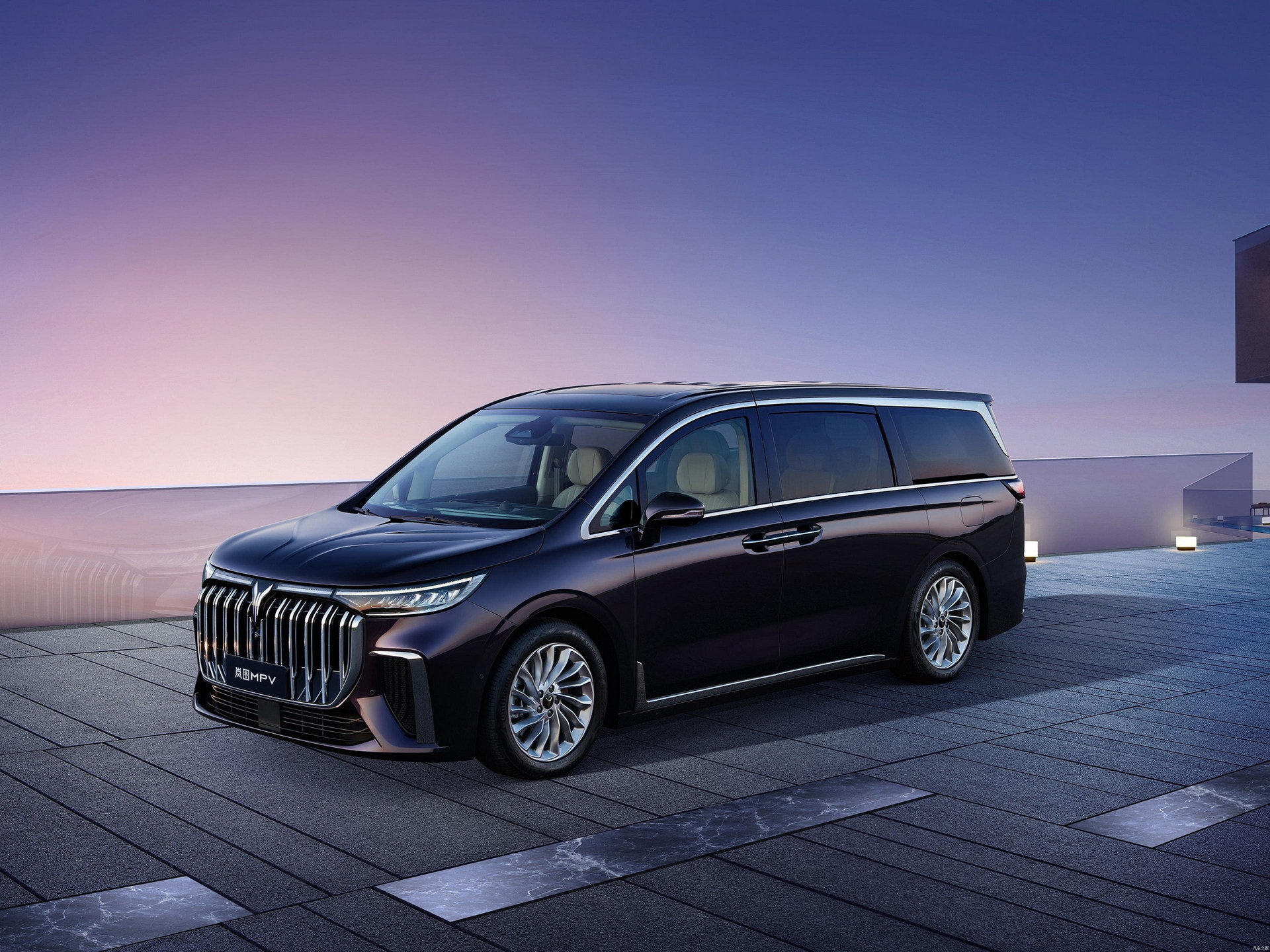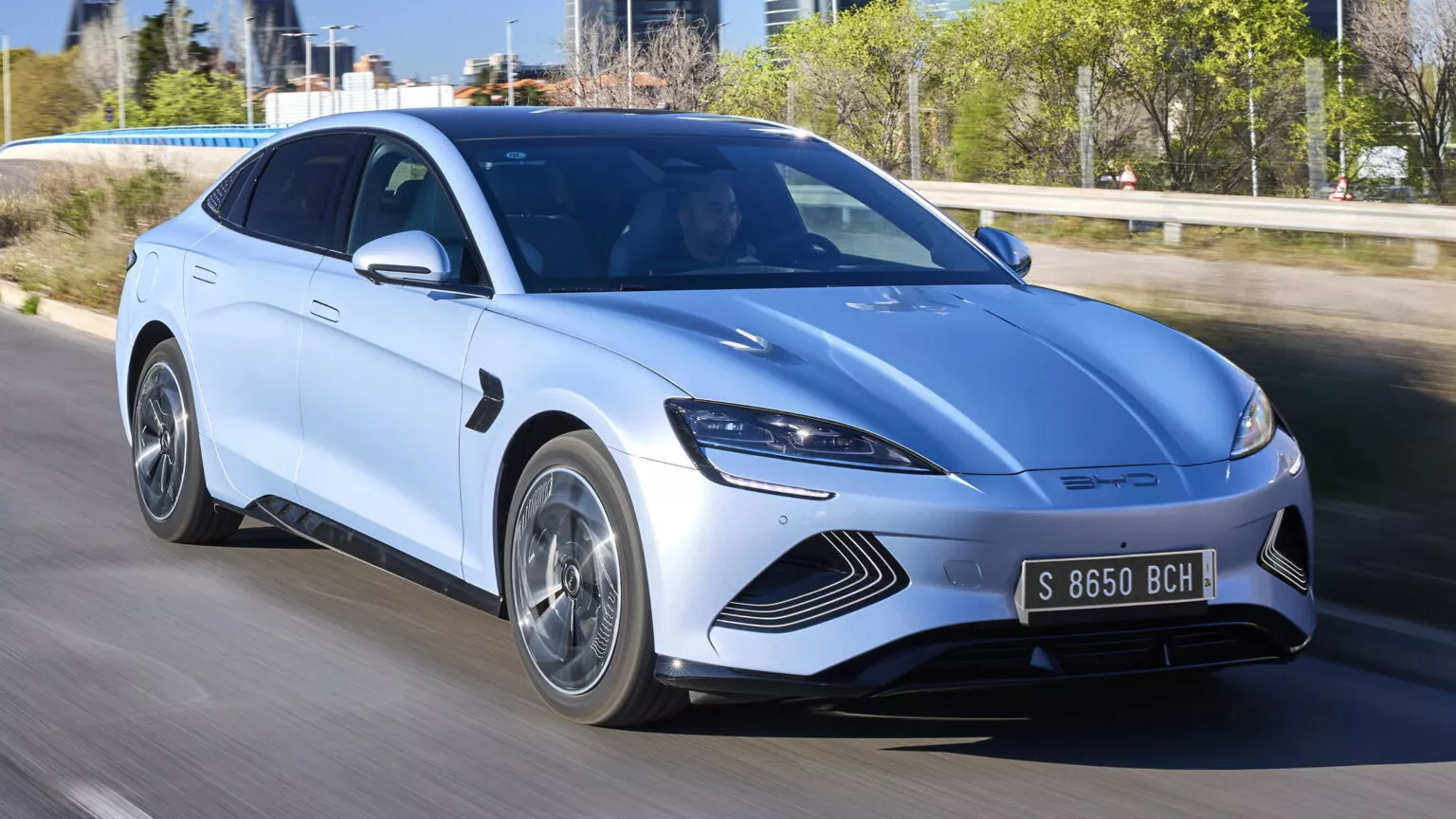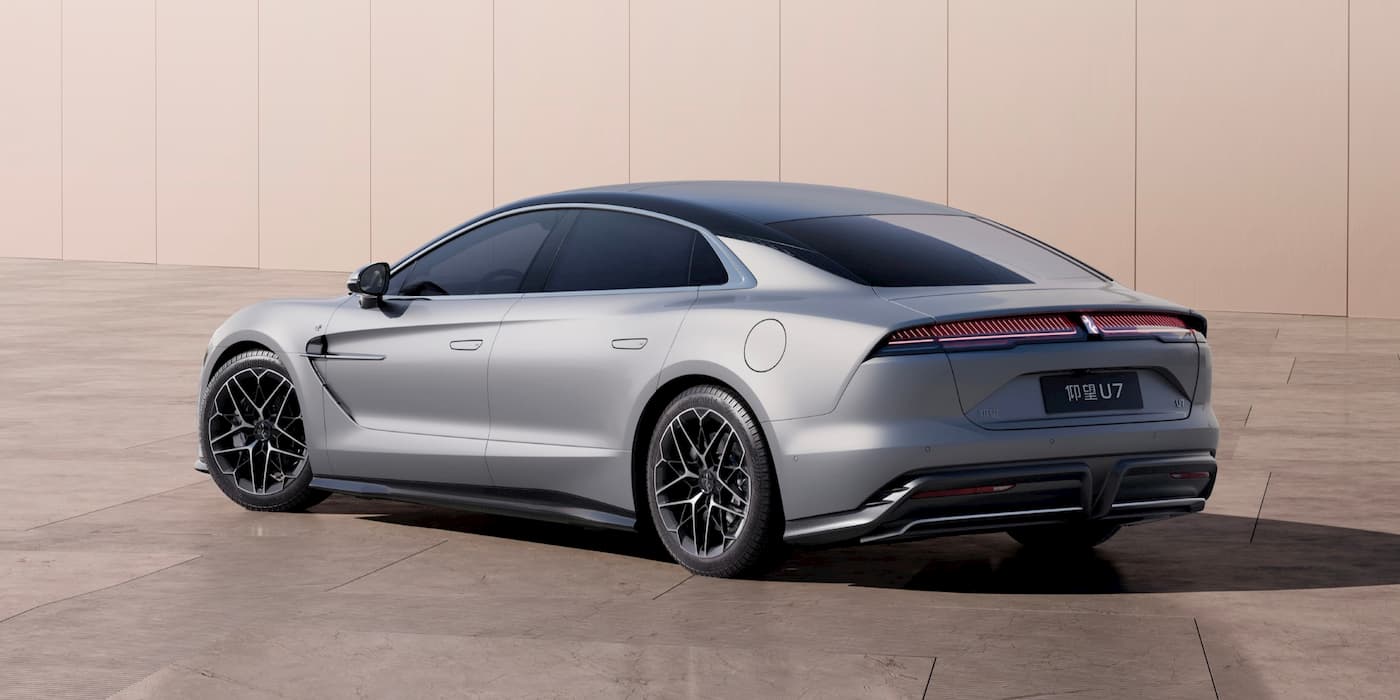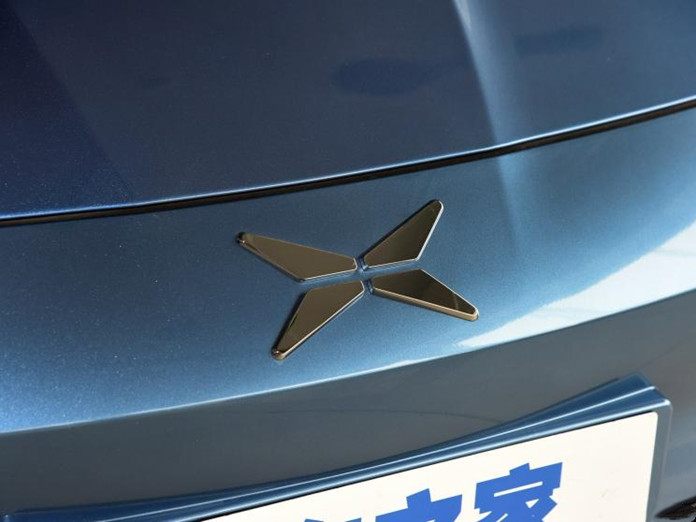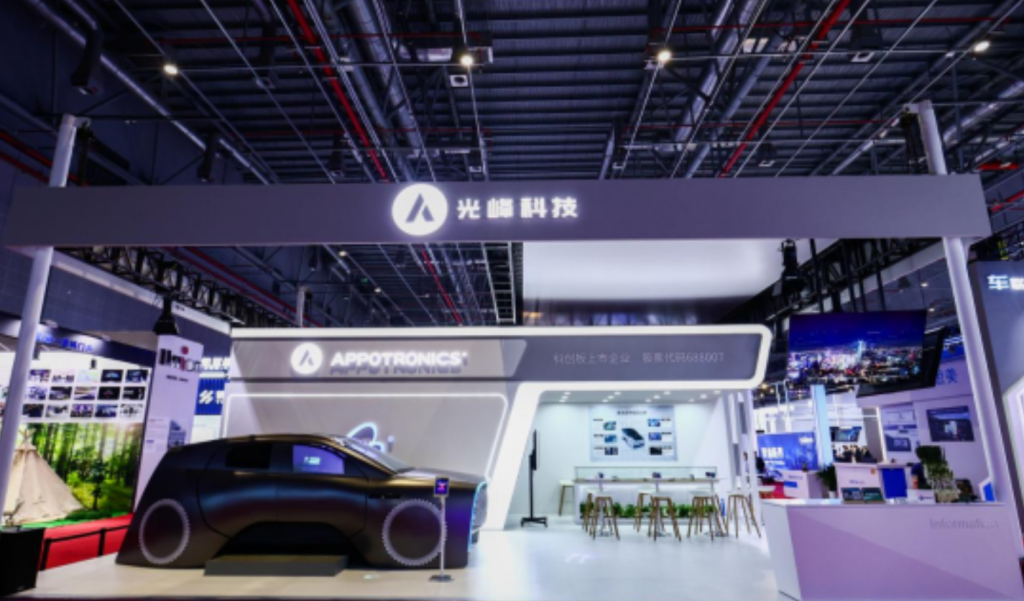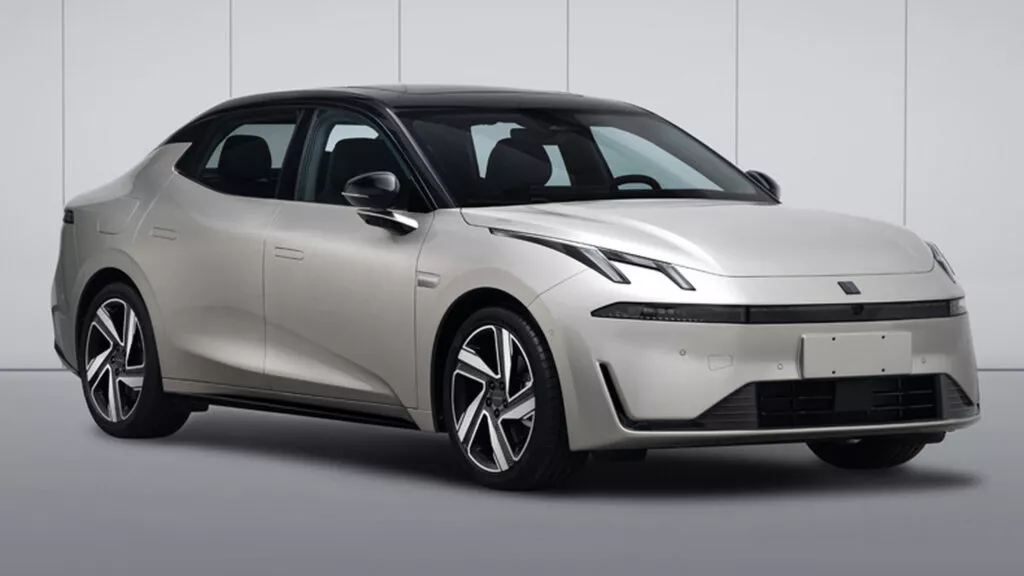A German car dealer, Gregory Brudny, finds himself entangled in a legal dispute with Volkswagen (VW) after importing 22 Volkswagen ID.6s from China, a move that has sparked controversy with the automaker.
Brudny asserts that he followed legal procedures in acquiring the vehicles, purchasing them from China’s VW-FAW. Motivated by significant price disparities between the Chinese and German markets, Brudny sought to capitalize on competitive pricing, a trend driven by intense competition in China’s electric vehicle (EV) sector.
See also: Volkswagen Introduces 2024 ID.6 Crozz Electric SUV with Range Up To 347 Miles
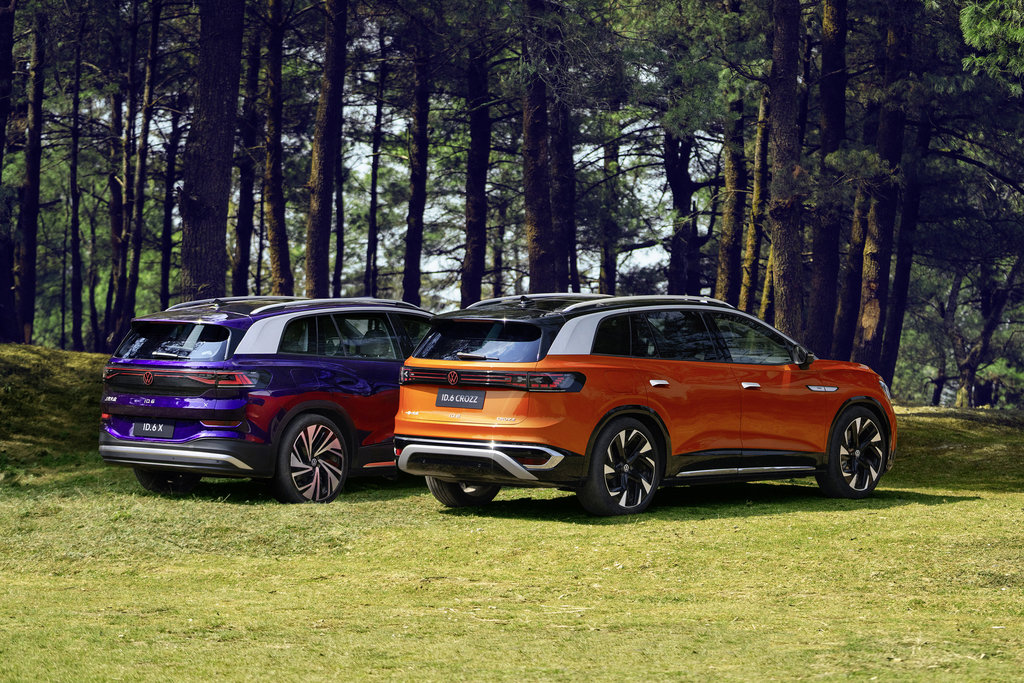
In contrast to the rising costs of new electric vehicles in Germany, where the average price is escalating, the competitive market in China has resulted in substantial discounts. For instance, VW sold the ID.3 for as low as €16,000 or US$17,300 in China, compared to its starting price in Germany of €40,000 or US$43,300. This pricing strategy extends to other models like the ID.7 Vizzion, creating a significant price gap between the Chinese and German markets.
The ID.6, an extended-wheelbase version of the ID.4 exclusively available in China, became the center of controversy as Brudny aimed to sell these imported models in Germany. The dealer believed that, with some modifications and a software update, the vehicles could meet German regulatory requirements.
However, Volkswagen intervened when Brudny attempted to advertise the imported ID.6s for sale, issuing a temporary injunction against the dealer. A subsequent court ruling ordered the seizure of the vehicles, and VW is now seeking their destruction.
While VW has not commented specifically on this case, it has communicated that models produced in China may lack certain legal requirements essential for the European market, such as an automatic emergency call system.
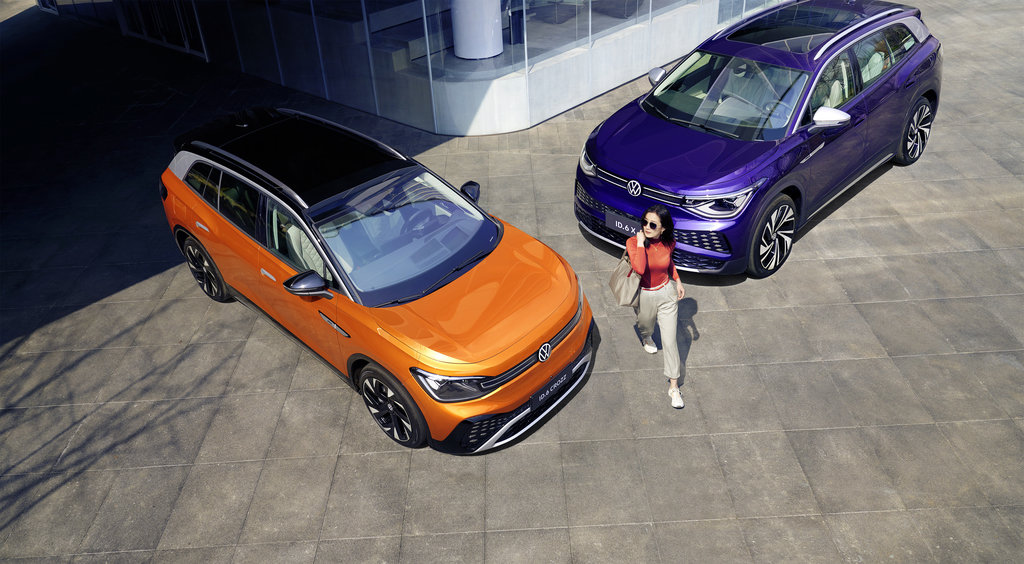
Brudny contends that, having followed legal importation procedures and receiving approval from German authorities, he should face no obstacles. The dealer argues that the imported Chinese-made vehicles, acquired at a lower cost due to ongoing price wars in China, could be sold in Germany at a competitive price despite the expenses incurred during the importation process.
VW’s stance suggests a concern about maintaining specific quality and legal standards for vehicles sold in Europe, especially as the global automotive market witnesses increased cross-border transactions. Brudny’s appeal against the ruling awaits resolution, but the outcome remains uncertain, with a precedent from a 2021 case involving Hyundai favoring the automaker in a similar situation. In that instance, trademark law was leveraged to prevent the resale of vehicles imported from non-EU countries.


